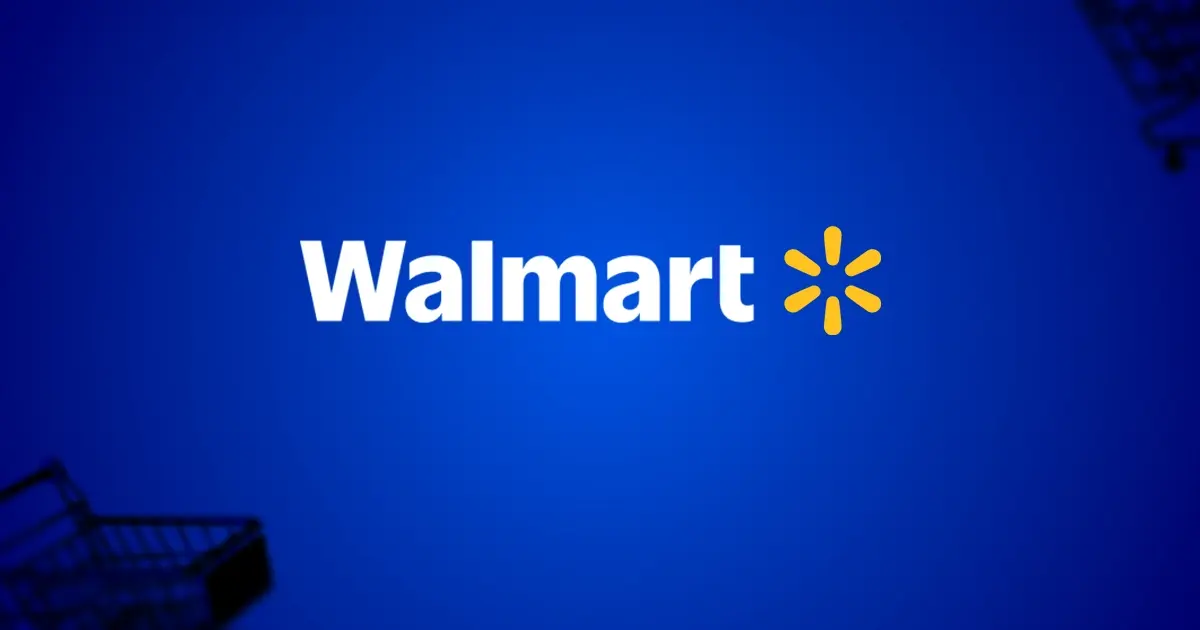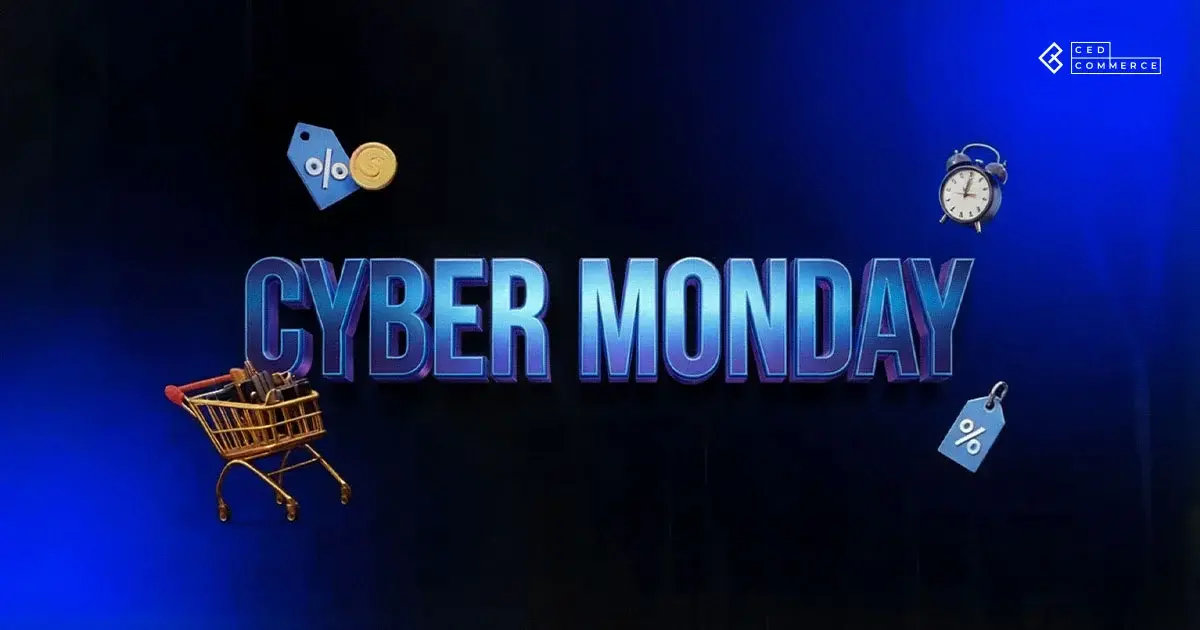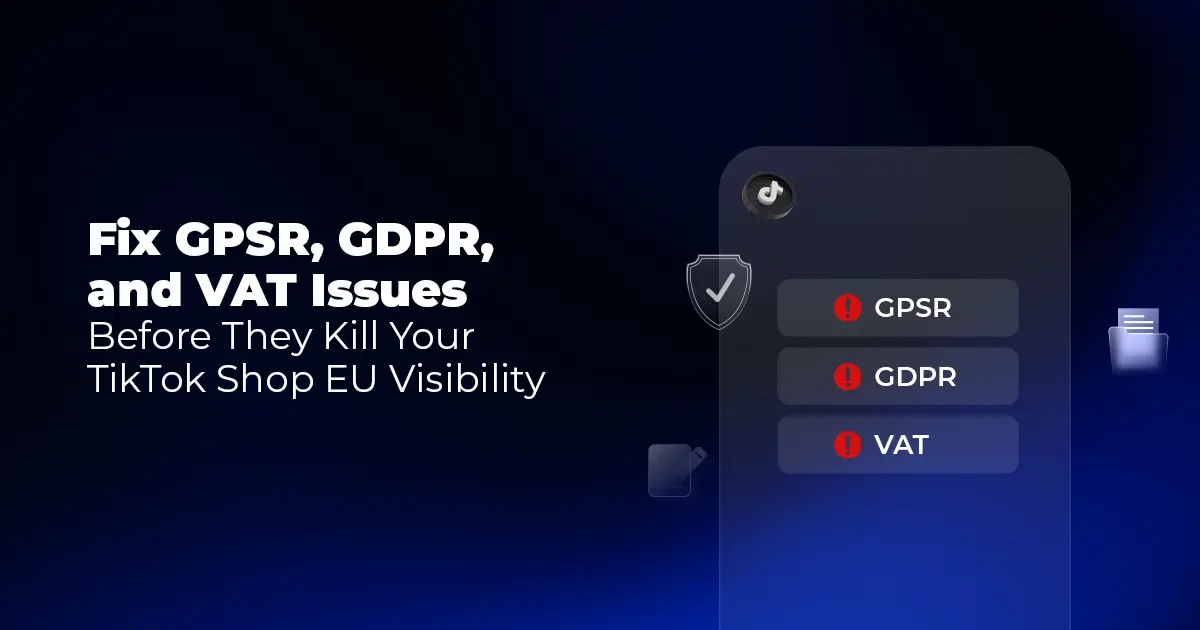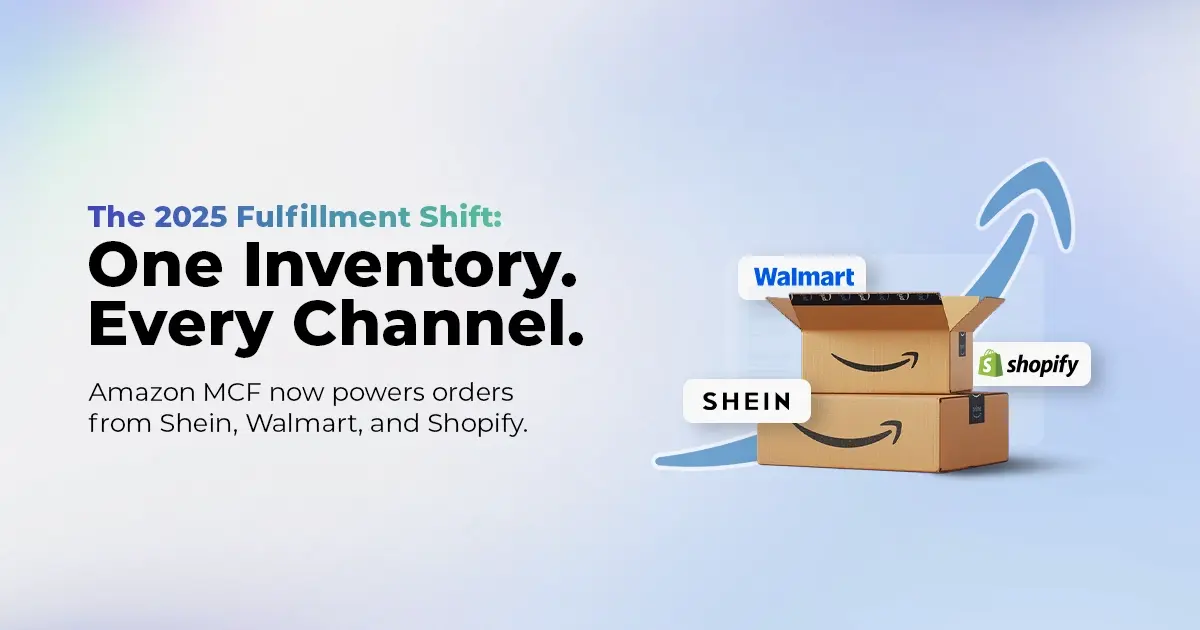Walmart Expands Drone Delivery to Metro Atlanta, Signaling a New Phase in Last-Mile Fulfillment
Reading Time: 4 minutesWalmart is accelerating its push into next-generation fulfillment by expanding its drone…
According to Morgan and Stanley, the eCommerce market is expected to see significant growth in the coming years, with potential for it to expand from $3.3 trillion to $5.4 trillion in 2026. So, if you’re into eCommerce, it’s important to recognize the impact that eCommerce fulfillment will have on your business’s growth.
From speedy delivery to seamless returns, the way products are handled and shipped directly impacts customer satisfaction and loyalty. Imagine ordering a product online and receiving it at your doorstep within hours – that’s the power of efficient eCommerce fulfillment. With advancements in technology and consumer expectations evolving rapidly, businesses are constantly striving to optimize their fulfillment processes to stay ahead in the market.
Through this blog, we’ll explore how eCommerce fulfillment has transformed commerce as we know it. Also, there are few hacks to simplify your eCommerce fulfillment that are simple yet effective.
eCommerce fulfillment encompasses the entire process of receiving, processing, and delivering customer orders. Behind the seamless online shopping experience lies a complex network of fulfillment processes that can make or break a business. From warehousing to shipping, eCommerce fulfillment plays a pivotal role in shaping customer satisfaction, brand reputation, and overall business success.
Any disruptions or delays in the supply chain can lead to scarcity of products, and subsequently drive up prices. Consequently, it becomes imperative for businesses to closely monitor their supply chains in order to maintain stability and control over costs.
A well-managed supply chain allows businesses to anticipate potential issues and take proactive measures to mitigate any negative impacts on pricing. By optimizing logistics, sourcing, and inventory management, companies can prevent unnecessary cost escalations caused by unpredictable supply chain events.
It is crucial for businesses to opt for a reliable delivery partner that aligns with their values and standards. With the rising expectations of quick deliveries and seamless order fulfillment from customers, choosing a reliable partner becomes even more critical.
The right delivery partner not only ensures prompt and secure deliveries but also plays a pivotal role in enhancing customer experience, fostering loyalty, and ultimately driving business growth.
The consequences of communication gaps from a supplier’s end cannot be overstated, especially if you are sourcing products from a single supplier. When vital information is not effectively communicated, it can result in delays, misunderstandings and quality discrepancies. This can lead to disruptions in your supply chain, impacting production schedules and ultimately affecting customer satisfaction.
Diversifying your sourcing strategy may mitigate these risks to some extent; however, effective communication remains paramount in ensuring smooth operations and maintaining high standards of product quality.
Sustainable approach is not only limited to using renewable energy sources and minimizing single use-plastics. It also covers the aspects of efficient utilization of resources while optimizing the business for maximum outputs.
Additionally, showcasing a commitment to sustainability can enhance brand reputation and customer loyalty. This is because more shoppers these days, are seeking products from brands that share their values
eCommerce sellers need to abide by a multitude of Service Level Agreements (SLAs) from various online marketplaces on a regular basis. Meeting these SLAs is crucial for maintaining a good standing with the platforms and ensuring a smooth selling experience for customers.
From response times to shipping deadlines, sellers need to adhere to these agreements to avoid penalties or even suspension. So as a seller, if you are prompted to meet these service level agreements kindly don’t ignore as it may cause long-term harm to your business.
To standardize and scale eCommerce fulfillment, sellers must prioritize efficient inventory management. Utilizing advanced inventory tracking systems and software can streamline the process, leading to reduced errors and improved order accuracy.
Implementing best practices in inventory management not only ensures customer satisfaction but also enables sellers to leverage data for predicting the demand, optimizing stock levels, and reducing carrying costs.
Statistical data plays a pivotal role in forecasting the demand for a particular season. It is possible only when you track each sale generated on any of your sales channels. By utilizing advanced data analytics and trend analysis, businesses can gain insights into consumer behavior patterns, seasonal fluctuations, and market trends.
Efficient tracking allows them to adjust inventory levels, optimize supply chain management, and strategically plan for peak seasons or promotional events.
Understanding the real-life factors that directly impact your warehouse operations is a major step towards efficient fulfillment. Getting out into the field and actually seeing how your products are being handled, delivered, and received can provide invaluable insights that simply can’t be gleaned from within the confines of a warehouse.
By experiencing firsthand how external variables such as weather conditions, transportation routes, and customer receiving capabilities influence your fulfillment process. With all these factors in mind, you can make more informed decisions to optimize efficiency and customer satisfaction.
As an eCommerce seller, it’s crucial to find the right suppliers and delivery partners for the success of your business. However, relying on a single supplier or delivery partner can pose significant risks. By diversifying your network of suppliers, you can mitigate potential supply chain disruptions and fluctuations in prices.
Additionally, working with multiple delivery partners allows for flexibility in shipping options. It further ensures that your customers receive their orders in a timely manner regardless of any unforeseen circumstances.
Taking advantage of marketplace fulfillment capabilities can be a game-changer for businesses aiming to streamline their operations. By tapping into the infrastructure, expertise, and network of established marketplaces, businesses can offload the complexities of storage, pick-pack-ship processes, and delivery logistics.
Fulfillment by marketplaces not only frees up valuable time and resources but also allows companies to focus on core competencies. The core competencies include product innovation, developing high performing marketing strategies, and more.
Synchronizing multichannel inventories is crucial for e-commerce businesses to prevent fulfillment issues and ensure a seamless customer experience. Without proper synchronization, inventory discrepancies between different sales channels can lead to overselling or underselling of products. This hurdle will ultimately result in delayed or inaccurate order fulfillment. Consequently, this can damage the reputation of the business and lead to dissatisfied customers.
By implementing a robust inventory management system that allows for real-time synchronization across all sales channels, businesses can proactively address potential fulfillment issues.
Hope all these measures were helpful in adding more value into your business knowledge.
CedCommerce is a leading multichannel enabler that helps online merchants expand their business to international marketplaces like Amazon, Walmart, eBay, Google, TikTok, Meta and much more via secure, optimized, and scalable integration tools and technologies.
Utilizing our vast knowledge and wide-ranging resources, companies can adeptly maneuver the intricacies of multichannel selling. Through CedCommerce’s solutions and assistance, businesses can cut down on time, minimize mistakes, and ultimately strengthen your eCommerce fulfillment.
Furthermore, CedCommerce is now a platinum partner of WooCommerce. This achievement is just an epitome of the quality of solutions and services we offer our clients worldwide.
Schedule a call with our experts and know more on how we can transform your eCommerce business.

Reading Time: 4 minutesWalmart is accelerating its push into next-generation fulfillment by expanding its drone…

Reading Time: 4 minutesFaire, the fast-growing wholesale marketplace connecting independent retailers with emerging brands, has…

Reading Time: 4 minutesB2B buying in the United States is undergoing a fundamental behavioral shift…

Reading Time: 3 minutesSummary Cyber Monday 2025 has officially become the largest online shopping day…

Reading Time: 2 minutesSummary Amazon kicked off December with two major developments shaping the future…

Reading Time: 2 minutesSummary Walmart has entered December with two major moves that signal a…

Reading Time: 2 minutesBlack Friday 2025 delivered the strongest U.S. eCommerce performance in history, as…

Reading Time: 13 minutesStill approaching BFCM with generic discounts, last-minute price cuts, or scattered promotions?…

Reading Time: 3 minutesTikTok Shop reached a major milestone during its largest U.S. “Global Black…

Reading Time: 3 minutesOpenAI has announced a new AI-powered shopping research tool designed to help…

Reading Time: 9 minutesIf your TikTok Shop listings often sit in review or your visibility…

Reading Time: 3 minutesAmazon has rolled out a new “Seller Challenge” feature for eligible Account…

Reading Time: 3 minutesWalmart Marketplace has sharpened its requirements around product classification (category, type group,…

Reading Time: 3 minutesJust ahead of Black Friday, Amazon is enforcing tighter controls on its…

Reading Time: 11 minutesWhere holiday prep of past years focused on legacy channels like Amazon,…

Reading Time: 11 minutesThe eCommerce shift you actually need to act on Multi-channel fulfillment has…

Reading Time: 10 minutesBlack Friday Cyber Monday (BFCM) isn’t a weekend anymore; it’s a two-month…

Reading Time: 2 minuteseBay is quietly testing a new feature that could reshape how buyers…

Reading Time: 2 minutesAmazon is stepping into a new era of value commerce with the…

Reading Time: 11 minutesThe $240 Billion BFCM Opportunity & Why Operations Matter Every seller, business,…